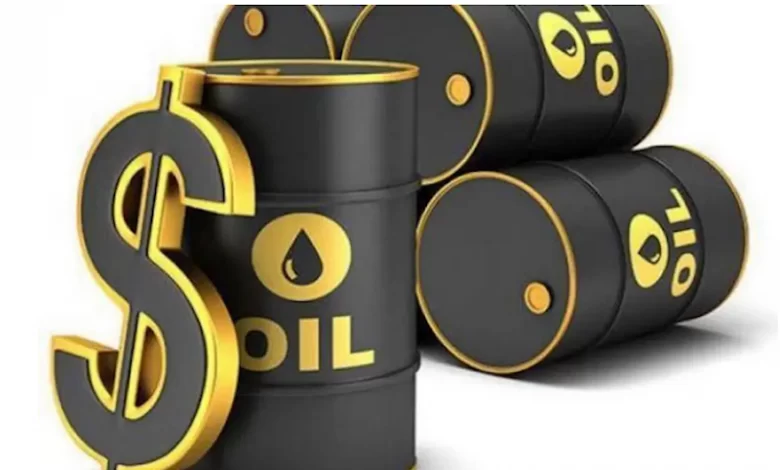
Nigeria’s crude oil production increased by 16.7 million barrels in the first six months of 2024, compared to the same period last year, a THISDAY analysis of data from the Nigerian Upstream Petroleum Regulatory Commission (NUPRC), has shown.
Although still significantly lower than the expected production during the period, this was a 7.3 per cent growth in crude oil production put side by side the output for 2023.
However, the computation of the data from the industry regulator excluded blended and unblended condensate, which are outside the calculation of the Organisation of Petroleum Exporting Countries (OPEC).
At an estimated average Brent crude oil price per barrel of $85 in 2024, it showed that the country may have made an additional gross amount of $1.41 billion compared to the same period last year.
But despite the improvement, it was still not enough to drag Nigeria out of its economic woes as the country continues to borrow to counter the prolonged reduced foreign exchange inflow into the economy.
Nigeria gets over 80 per cent of its foreign exchange earnings from the export of crude oil and is therefore highly negatively impacted by either falling crude oil production or prices in the international market.
For a long time, crude oil prices have stabilised at over $80 per barrel, but Nigeria has failed to markedly raise output during the period.
The country has blamed oil theft, massive oil assets vandalism, deteriorating infrastructure in the country’s Niger Delta as well as years of underinvestment for its persistent inability to raise production significantly.
Nigeria in recent times has resorted to borrowing to augment the little inflow of foreign exchange into the country’s FX market, first taking foreign loans of $1.71 billion to boost FX into the country in the first nine months of 2023.
In August last year, Nigeria’s state-oil firm, the Nigerian National Petroleum Company Limited (NNPC) announced that it had secured a $3.3 billion crude oil repayment loan from Cairo-based AfreximBank that will support the government’s reforms to stabilise the exchange rate market.
Recently, the Board of the World Bank approved a $2.25 billion loan for Nigeria to shore up revenue and support economic reforms that have contributed to the worst cost-of-living crisis in many years for Africa’s most populous country.
But the data detailing Nigeria’s production for the first six months of 2024 showed that the country’s output hit 235.9 million barrels during the period, while it was 219.2 million barrels in the same period the previous year.
A breakdown indicated that in January, Nigeria drilled 44.2 million barrels; 38.3 million barrels in February; 38.1 million barrels in March; 38.4 million barrels in April as well as 38.7 million barrels and 38.2 million barrels in May and June respectively.
On the other hand, in 2023, the country produced 39.2 million barrels OPEC oil in January; 36.1 million barrels in February and 39.2 million barrels in March. In April last year, the output dropped to 30.1 million barrels; 36.8 million barrels in May and 37.8 million barrels in June.
Despite repeatedly targeting a production of 2 million bpd crude oil for years, the country has failed to meet its OPEC quota, which was slashed from 1.74 million bpd last year to the current 1.58 million bpd.
To put it in proper context, Nigeria, Africa’s biggest crude oil producer, also owns the second largest reserves of the resource on the continent.
It also has over 209 Trillion Cubic Feet (TCF) in gas reserves, but is hardly able to get the required quantity out of the ground as a result of lack of investment and several bottlenecks in the sector.
At the weekend, the Minister of State, Petroleum Resources (Oil), Senator Heineken Lokpobiri, announced that to further ensure that the oil produced in Nigeria is well accounted for, the federal government had awarded contracts to ensure the full metering of Nigeria’s 187 oil flow stations as well as a software to track the movement of Nigeria’s oil in the high seas.
“As part of our steps to ensure that we have proper accountability, the Federal Executive FEC approved the metering of all our production. And we have 187 flow stations in the country, littered across the Niger Delta area, so that we will be able to properly account for what we produce and what we export.
“It’s a major development that never happened in this country. And this project is meant to be completed within six months, within 180 days,” the minister disclosed.
He said that an advanced cargo policy was being implemented, pointing out that for Nigeria to account for what it produces, it will now be able to see the loading of every cargo of crude oil up to the point of destination.




